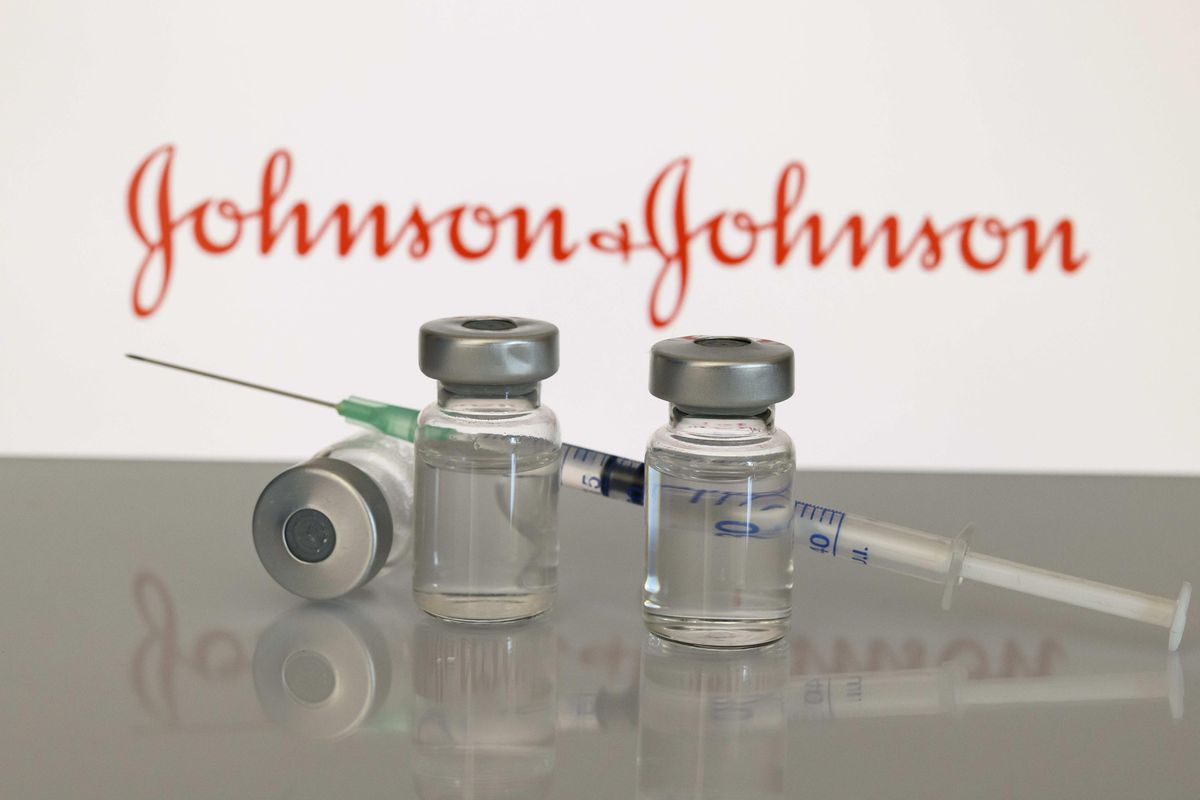The Janssen vaccine is a viral vector vaccine. This means it uses the virus which is a version of an adenovirus that causes mild cold or flu-like symptoms in people. The company has modified the virus to include the DNS that codes for spike protein of the coronavirus. The spike protein is one of the important features for identifying the features of immune cells and what the virus uses to enter into the cells.
The real science behind the vaccines
The adenovirus works its way to the cells like a normal virus would enter but instead injects the genetic material into the normal cells. Our cells do what they best and read the DNA to make copies of the spike protein which will trigger the immune system. The function is similar to mRNA vaccine, except for the process of making the spike protein.
Janssen vaccine is unique in taking care of immunity
Janssen’s vaccine is unique among the COVID19 vaccine candidates and it has been tested using a single dose. Every vaccine in the pipeline for COVID19 so far requires two doses. This is generally because of the intelligent nature of vaccines. The immune system in general is the learning machine. Every time the body encounters a new pathogen, the adaptive immune system learns how to respond to it.
These encounters help the body to be immune against the defensive mechanism of the body. The whole blood cells generally make the antibodies and the T-cells work as natural killer cells against the virus. The second time, they run into the pathogen, the adaptive immune system quickly recognizes it later and takes necessary action. The third time, it gets even faster and so on. This helps prevent future attacks against the defensive system of the body.
Data about Janssen vaccine
The data released by Janssen do far suggest that its vaccine can teach the immune system to recognize and respond to the future infections of the coronavirus even without a booster dose. Janssen vaccine is again coming to light after scrutiny. Dr.Rochelle Walensky, the director of the Center for Disease Control and Prevention (CDC) said the agency was looking into reports of additional cases of severe side effects possibly linked to the one-shot vaccine.
The reason behind joint pause by CDC and FDA
The CDC and US Food and Drug Administration (FDA) jointly called for a pause in the administration of the Johnson & Johnson vaccine last week after six women between the ages of 18 - 48 developed a rare but serious blood clotting disorder followed by vaccination. One woman died and one was hospitalized in critical condition. The FDA temporarily suspended the use of the Janssen vaccine for COVID and requested for the inspection of the vaccine at the earliest.
The pause was recommended after the six cases of a rare and severe blood clot. During the pause, the medical and scientific teams of the FDA and CDC examined the available data to assess the risk of thrombosis involving the cerebral venous sinus (large vessels of the brain) and other sites of the body along with low platelet count. Extensive research was performed to check the efficacy and the side effects of the vaccine. It was important to make the clinicians and healthcare professionals aware of the adverse and potential effects of the blood clots and low platelets also known as thrombosis-thrombocytopenia syndrome (TTS).
Safety is a top priority this pandemic
Safety is a top priority when it comes to vaccines. The pause was an example of extensive safety monitoring basically designed to work and identify the real reasons behind the small number of cases of blood clots. The FDA and CDC have uplifted the cause by reviewing all the available data and after consultation with the medical experts. The Advisory Committee of CDC is following the guidelines effectively as stated in the Immunization Practices.
They have concluded the known and potential benefits of the Janssen COVID vaccine and outweighed its known potential risks in individuals 18 years and more. Ms. Janet Woodcock M.D Acting FDA Commissioner says, “ We are confident that the Janssen vaccine continues to meet our standards for safety, efficacy, effectiveness, and quality. We recommend people with questions about which vaccine is right for them and have discussions with their health care provider.”

 Safety is a top priority when it comes to vaccines. The pause was an example of extensive safety monitoring for the people and to ensure that there are no adverse side effects of the vaccine.
Safety is a top priority when it comes to vaccines. The pause was an example of extensive safety monitoring for the people and to ensure that there are no adverse side effects of the vaccine.









.jpeg)


.jpeg)



.jpeg)
.jpeg)






.jpeg)





